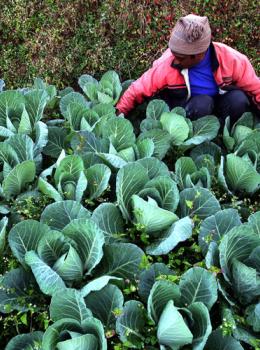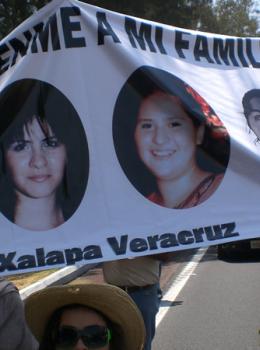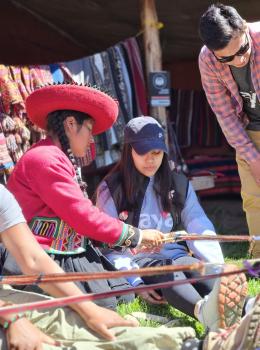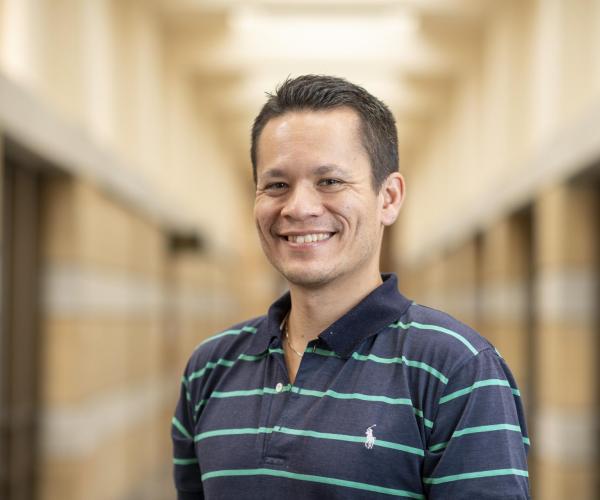At the Kellogg Institute, our conceptualization of human development emphasizes above all the centrality of the human person as agent of development, and it focuses on understanding and promoting the conditions that allow people to participate in shaping their own futures and to live with dignity and freedom. It includes not only economic growth but also the social and political dimensions of development while also taking into consideration human values, context, culture, and tradition. It takes seriously the centrality of religion in human experience and the contributions of religious communities and traditions in informing a more integrative vision of human development. This broad multidimensional approach accords with the idea of Integral Human Development as articulated in modern Catholic social teaching and as embodied in the mission of the Keough School of Global Affairs.
Kellogg endeavors to unite rigorous social science research with normative and theoretical reflections on human development, dignity, and flourishing. Advancing multi-disciplinary research, both quantitative and qualitative, the Institute supports innovative methodologies that consider the concept and process of human development and engage and enrich the experiences of local communities. Its research seeks to inform sustainable development practices and to generate policy-relevant insights about the respective roles and responsibilities of institutions, policies, and laws at stake in global development.
Research on this theme includes:
- Public policies for social justice and ecological responsibility, examining the way social policy, market activities, and social change combine to affect the distribution of wealth, opportunity, and quality of life;
- Economic growth, development, and human welfare in a globalizing economy, considering the roles of economic institutions, government policies, market structures, distributional issues, international trade and finance, and economic geography;
- Political, social, and cultural institutions of development, and the way in which culture, social movements, and religious beliefs influence social change;
- The concept and content of “development,” as informed by engagement with local communities and investigating the harms of development paradigms and projects that inadequately account for local contexts, cultures, and traditions;
- Human rights and their relationship with improvements in human welfare, human vulnerabilities, and basic needs;
- Global health, including issues of public health, health delivery, and policy and practice at local, regional, national, and international levels;
- Education, examining policy, institutions, innovative programs, and practice at the macro and micro levels;
- Technology and the environment, examining the impact of technological adaptation and the complex interactions between development and growth, natural ecologies, and environmental concerns.
Spotlight
Research on Human Development
Kellogg Institute scholars advance the understanding of human development through sharing their research findings and expert analyses in various media.













